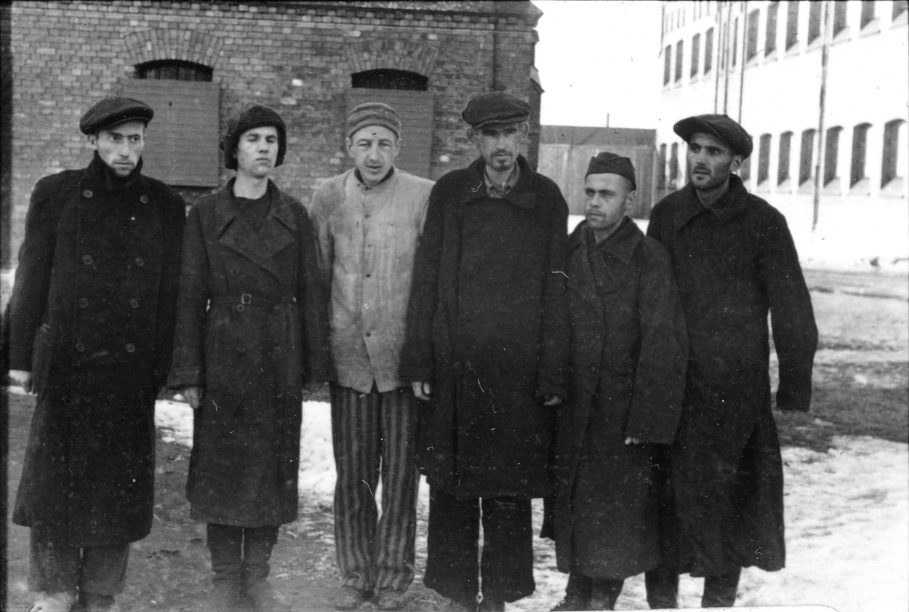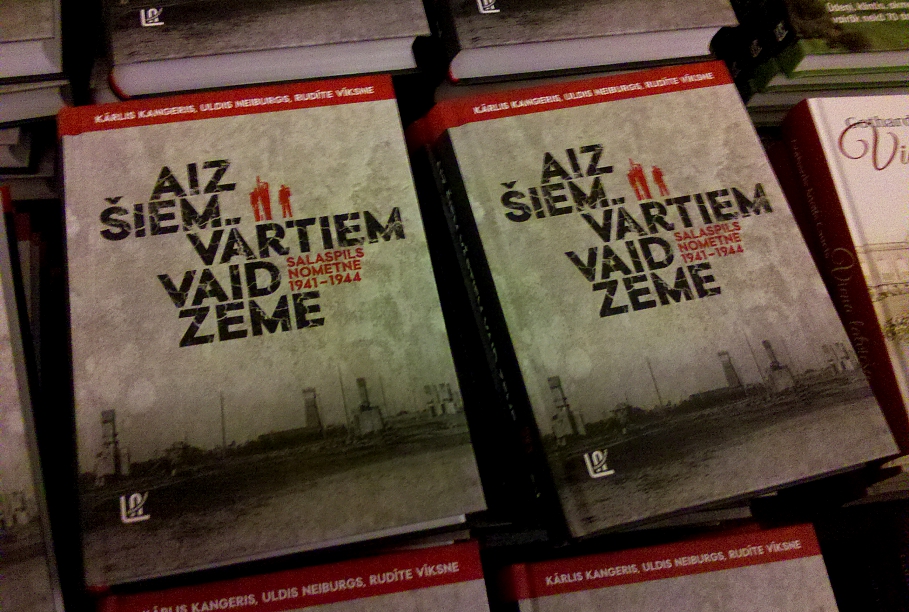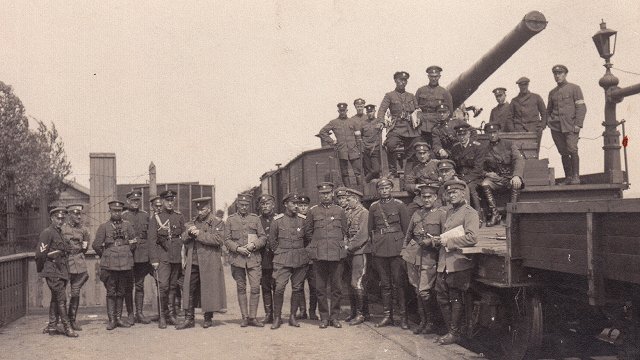The book, titled Behind These Gates The Earth Moans was launched Wednesday afternoon at the Latvian War Museum in central Riga.
Inara Murniece, the speaker of the Latvian parliament and acting President due to the illness of President Raimonds Vejonis, said:
"The story of the Salaspils concentration camp overwrites the myths currently actively propagated against the state of Latvia."
"Historical truth has become increasingly important today when history has become a theater of war for international politics, when our neighboring country is attempting to exonerate crimes perpetrated by the Soviet totalitarian regime and ignore inconvenient truths," Murniece said.
The book gives an account of events at Salaspils based on historical evidence rather than questionable facts circulated during the Soviet era, including a startling conclusion that around 2,000 people met their deaths at the camp rather than the figure of up to 100,000 sometimes claimed in the past.
Historian Karlis Kangeris, one of the book's authors, told LSM about how he had conducted his research and come up with findings that are likely to be controversial in some quarters.
"We should also remember that Salaspils was not the largest camp on Latvian territory," Kangeris said, while noting that it had been employed far more in Soviet propaganda campaigns than others such as the Mezaparks camp which was five times bigger.
Kangeris insisted his approach was based on logic, not Soviet-era propaganda.
A message was also read out from Prime Minister Laimdota Straujuma who said: "I am convinced that this comprehensive study will help lay to rest and eradicate the lies and myths that were created during the Soviet occupation, and which are still being distributed and multiplied by those who do not value the truth. There is a power in the truth that cannot be held back or held down, and we all need to know the truth."
"We note and regret that the world is not free of the scourge of genocide, ethnic cleansing, racism, xenophobia and antisemitism. The acts of aggression and seizure of foreign lands still take place without regard to lessons of the past," Straujuma said.

Also at the book launch was Valdis Berzins of the US-based Latvian Foundation which contributed towards the costs of the project.
He told LSM why the new history had won the organization's backing.
According to the new history, between 21,855 and 23,035 people were imprisoned in Salaspils camp. Of those, 11,000 were classed as "in transit".
At any one time around 1,800-2,200 people were interned there and approximately 2,000 inhabitants of Salaspils camp died or were executed in the period from May 1942 until September 1944 when the camp was active, the book finds.
"The ruthless, brutal and inhumane living and working conditions in the Salaspils camp differed little from concentration camps in Nazi Germany... the actual number of prisoners and deaths is vastly different from the numbers mentioned in Soviet historiography, but this fact does not minimize or relativize the responsibility and guilt of the Nazi regime and any local collaborators," said a handout at the launch event.



























